Martial Law Was Yoon Suk Yeol’s Response to ‘Legislative Dictatorship,’ Insurrection Trial Hears
Lawyers for Impeached South Korean President Argue Court Lacks Jurisdiction Over ‘Act of Governance’
Lawyers representing impeached South Korean President Yoon Suk Yeol told a Seoul court that his declaration of martial law in late 2024 was intended to prevent the country from falling under a “legislative dictatorship” led by his political opponents.
The claim was made as Yoon became the first South Korean president to stand trial in a criminal case related to his brief declaration of martial law in early December. Prosecutors have charged him with fomenting insurrection—a crime that carries a lengthy prison sentence and, in theory, the death penalty, though South Korea has not conducted an execution since 1997.
Yoon, who appeared at the Seoul Central District Court on Thursday but did not speak, has been in custody since his arrest last month following tense confrontations between authorities and his personal security team.
His lawyer, Kim Hong-il, condemned the criminal investigation as illegitimate, arguing that the court lacks jurisdiction over an executive decision. “The declaration of martial law was not meant to paralyze the state,” Kim said during the 13-minute hearing. “It was intended to alert the public to the national crisis caused by the legislative dictatorship of the dominant opposition party, which had crippled the administration.” His comments referred to the Democratic Party, which holds a majority in the National Assembly.
Security was tight around the courthouse, with approximately 3,200 police officers deployed, according to the Yonhap news agency.
Prosecutors, however, have labeled Yoon the “ringleader of an insurrection.” His suspension from office came after the National Assembly voted to impeach him in mid-December.
Yoon’s legal team maintains that his decision to impose martial law fell within his constitutional powers as head of state and should not be subject to judicial review. Last week, his lawyers told reporters that his actions constituted “an act of governance.”
Later on Thursday, Yoon attended a separate impeachment trial in the Constitutional Court, which is now in its final phase. The court’s acting Chief Justice, Moon Hyung-bae, announced that the next hearing, set for February 25, will feature final arguments from both Yoon and the National Assembly.
His fate remains uncertain. If the Constitutional Court upholds the impeachment, he will be permanently removed from office, and a new presidential election must be held within 60 days.
Among the witnesses at Thursday’s impeachment trial was Prime Minister Han Duck-soo, who has also been impeached and awaits the court’s decision on his own political future.
“I am deeply burdened by the despair felt by our people due to the extreme political turmoil surrounding the imposition of martial law,” Han said. “All proceedings related to this emergency measure must be handled fairly and justly to prevent further national division.”
The impeachment proceedings have largely revolved around whether Yoon violated the constitution by declaring martial law, which is intended for national emergencies or wartime situations.
His decree, which lasted only about six hours before being overturned by the opposition-led parliament, has thrown South Korea into months of political upheaval, leading to mass protests, two presidential impeachments, and a wave of online disinformation spread by Yoon’s supporters.
The next hearing in Yoon’s criminal trial is scheduled for March 24.

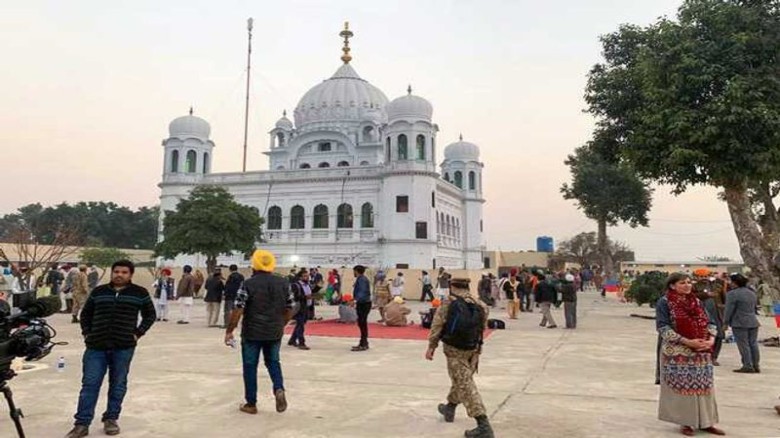
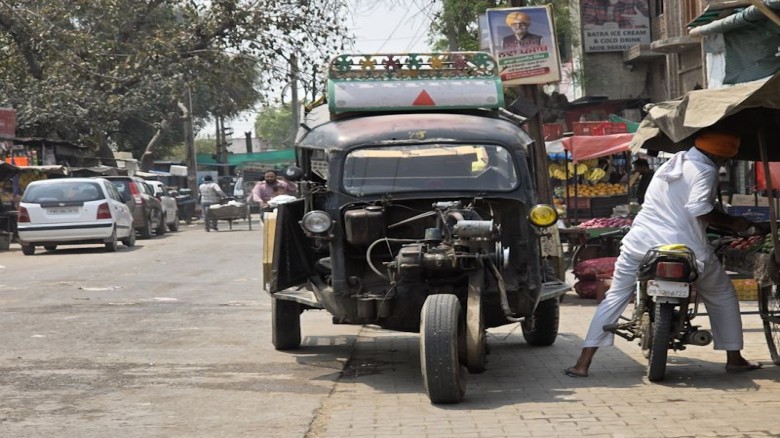

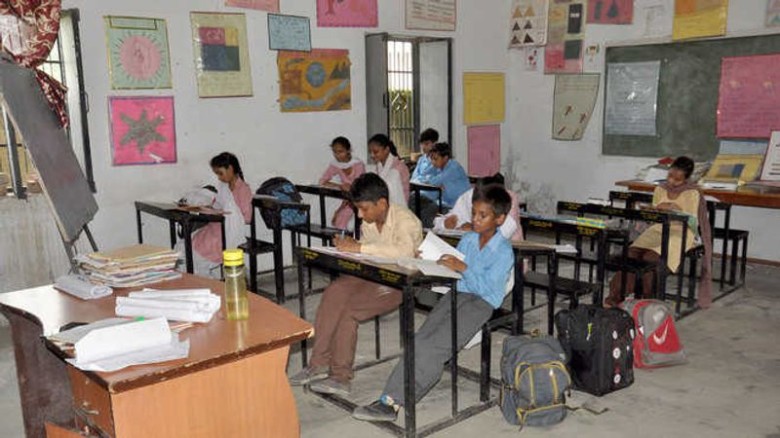



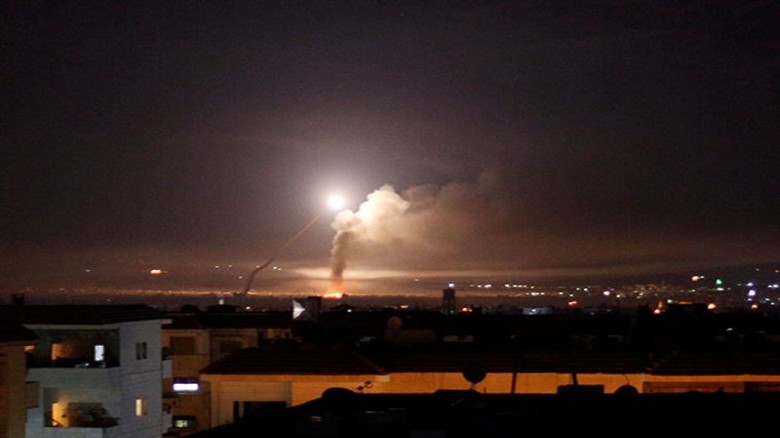


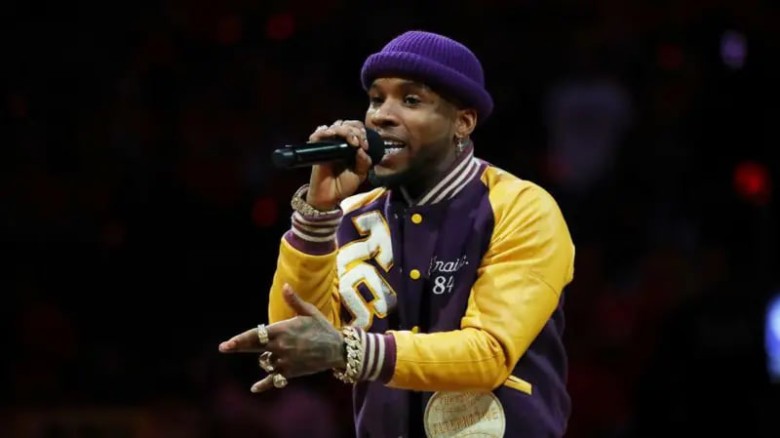






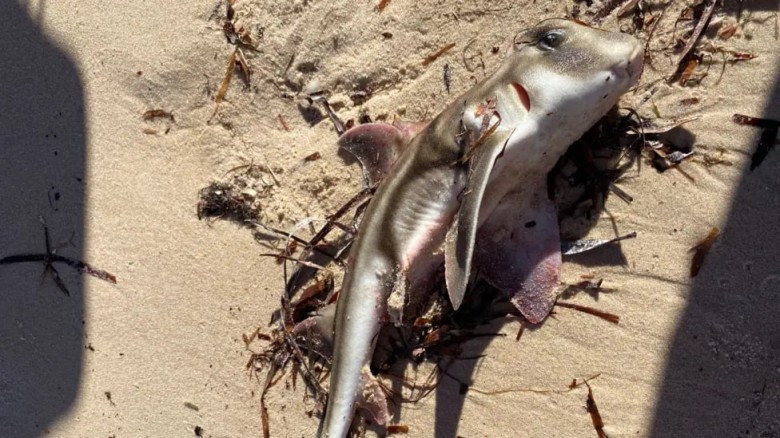


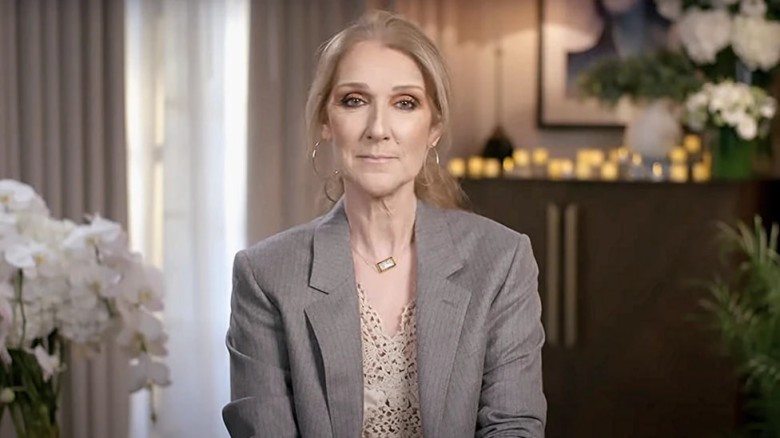



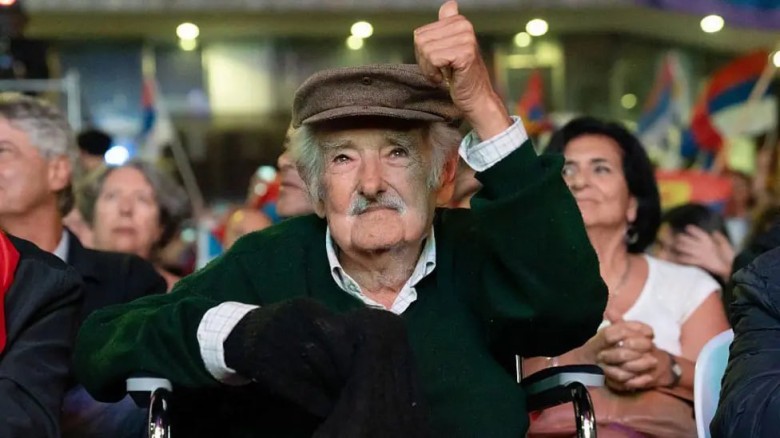
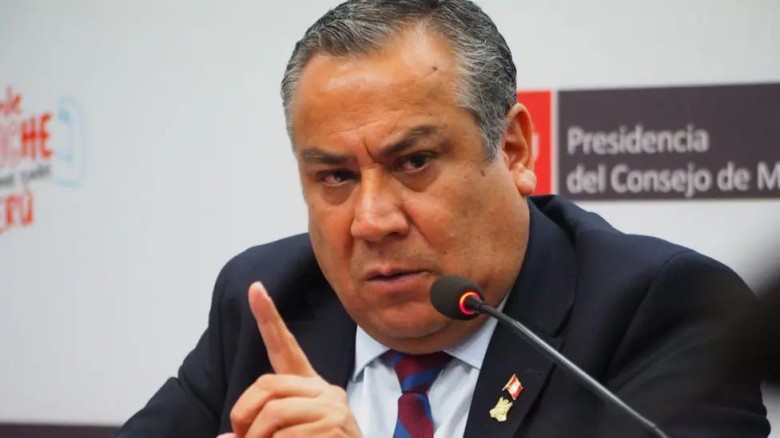

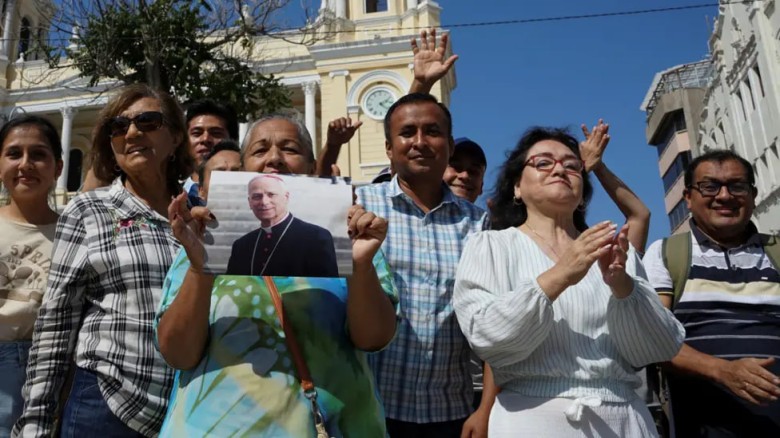










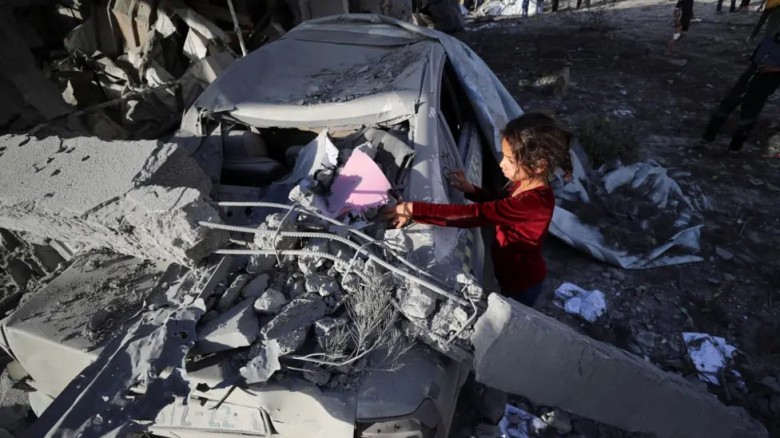
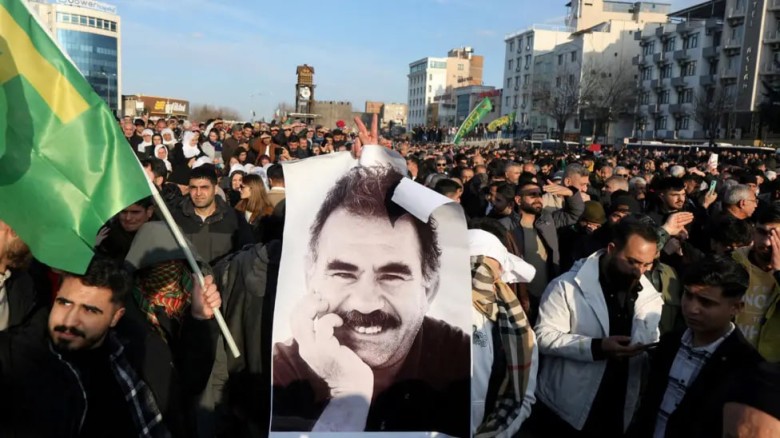
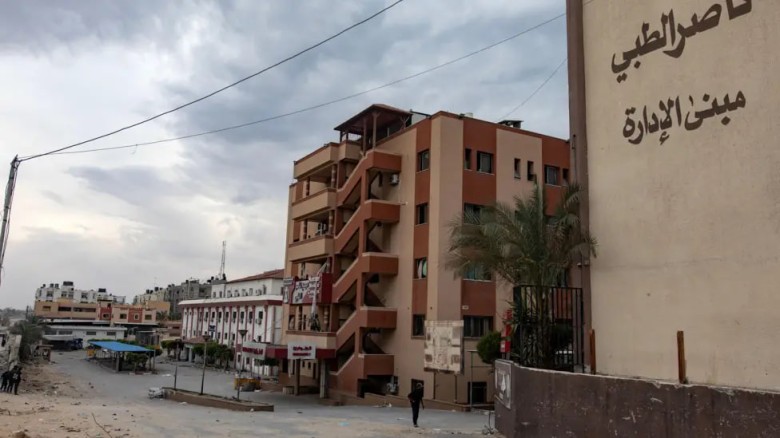







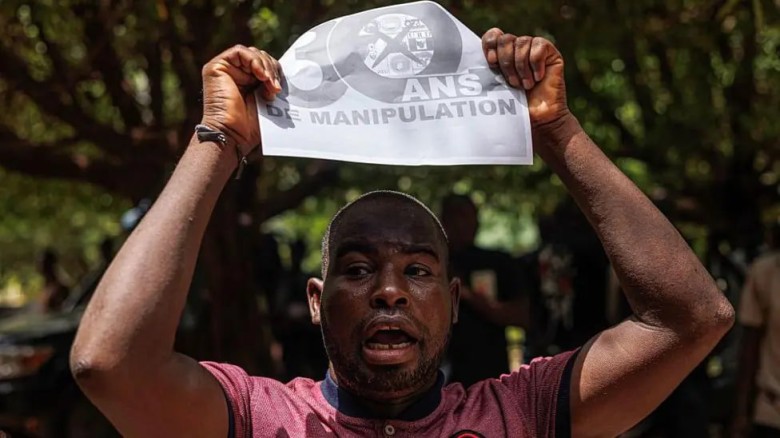
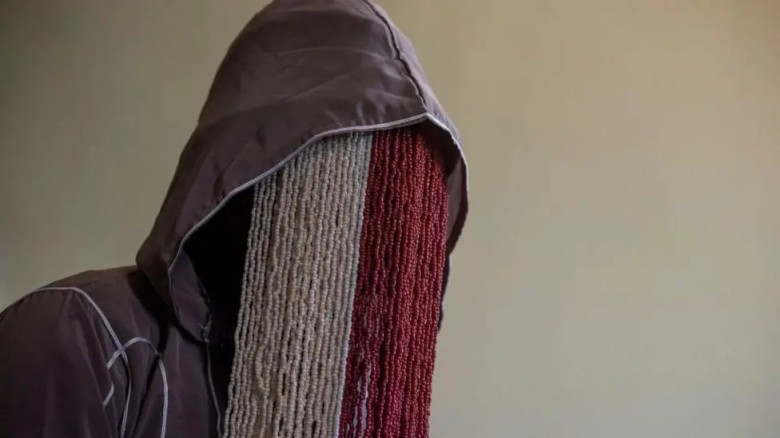

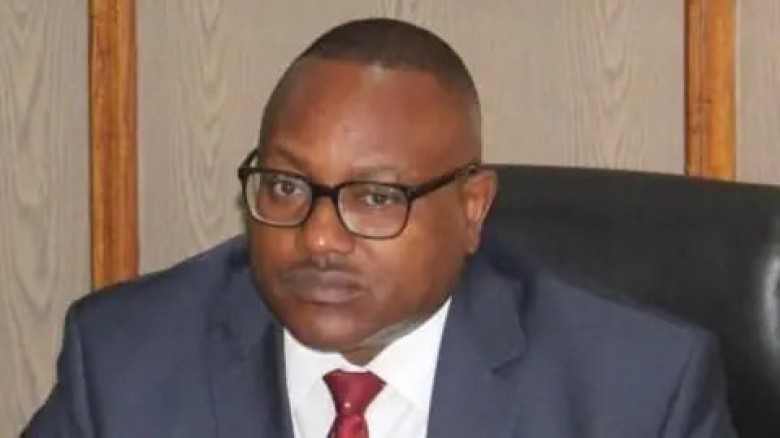

















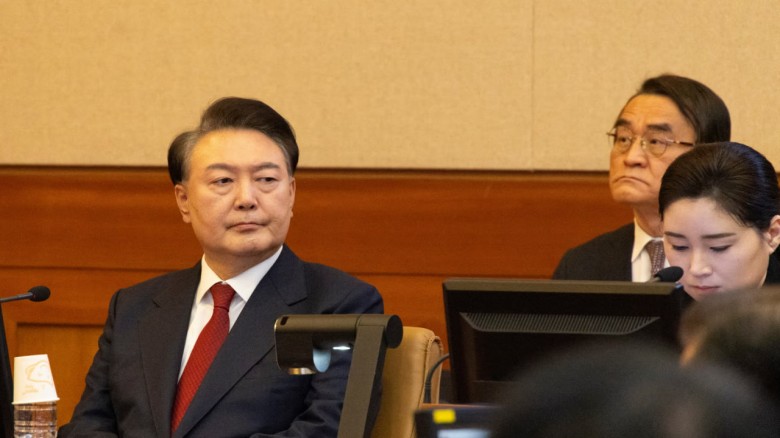


Leave A Comment